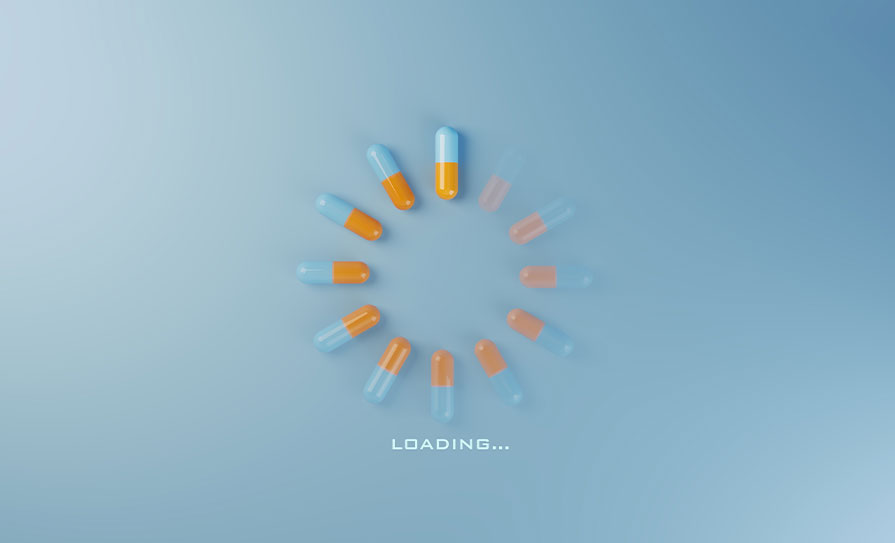Researchers from Chalmers University of Technology in Sweden have invented a material that uses electrical signals to capture and release biomolecules. The new and efficient method may have a major impact in the development of biomedicines and pave the way for the development of electronic pills and drug implants, said the researchers.
The new material is a polymer surface, which at an electrical pulse changes state from capturing to releasing biomolecules. This has several possible applications, including use as a tool for the efficient separation of a medicine from the other biomolecules that cells create in the production of biological medicines. The results of the study were recently published in the scientific journal Angewandte Chemie.
Biomedicines are very expensive to produce due to the lack of an efficient separation technique, and new techniques with a higher drug yield are required to reduce production costs and ultimately the cost of treating patients.
“Our polymer surfaces offer a new way of separating proteins by using electrical signals to control how they are bound to and released from a surface, while not affecting the structure of the protein,” said Gustav Ferrand- Drake del Castillo, who publicly defended his doctoral thesis in chemistry at Chalmers and is the lead author of the study.
The conventional separation technique — chromatography — binds biomolecules tightly to the surface and strong chemicals are required to make them release, which leads to losses and a poor yield. Many new medicines have proved to be highly sensitive to strong chemicals, which creates a major production problem for the next generation of biomedicines. The lower consumption of chemicals results in a benefit to the environment, while the fact that the surfaces of the new material can also be reused through several cycles is a key property. The process can be repeated hundreds of times without affecting the surface.
The material also functions in biological fluids with a buffering capacity, in other words, fluids with the ability to counteract changes in the pH value. This property is remarkable, since it paves the way for the creation of a new technique for implants and electronic ‘pills’ that release the medicine into the body via electronic activation.
“You can imagine a doctor, or a computer programme, measuring the need for a new dose of medicine in a patient, and a remote-controlled signal activating the release of the drug from the implant located in the very tissue or organ where it’s needed,” said Mr Ferrand-Drake del Castillo.
Local, activated drug release is available today in the form of materials that change their state in the event of a change in the surrounding chemical environment. For example, tablets of pH-sensitive material are produced where you want to control the release of a drug in the gastrointestinal tract, which is an environment with natural variations in pH value. But in most of the body’s tissues there are no changes in pH value or other chemical parameters.
“Being able to control the release and uptake of proteins in the body with minimal surgical interventions and without needle injections is, we believe, a unique and useful property. The development of electronic implants is only one of several conceivable applications that are many years into the future. Research that helps us to link electronics with biology at a molecular level is an important piece of the puzzle in such a direction,” said Mr Ferrand-Drake del Castillo.







